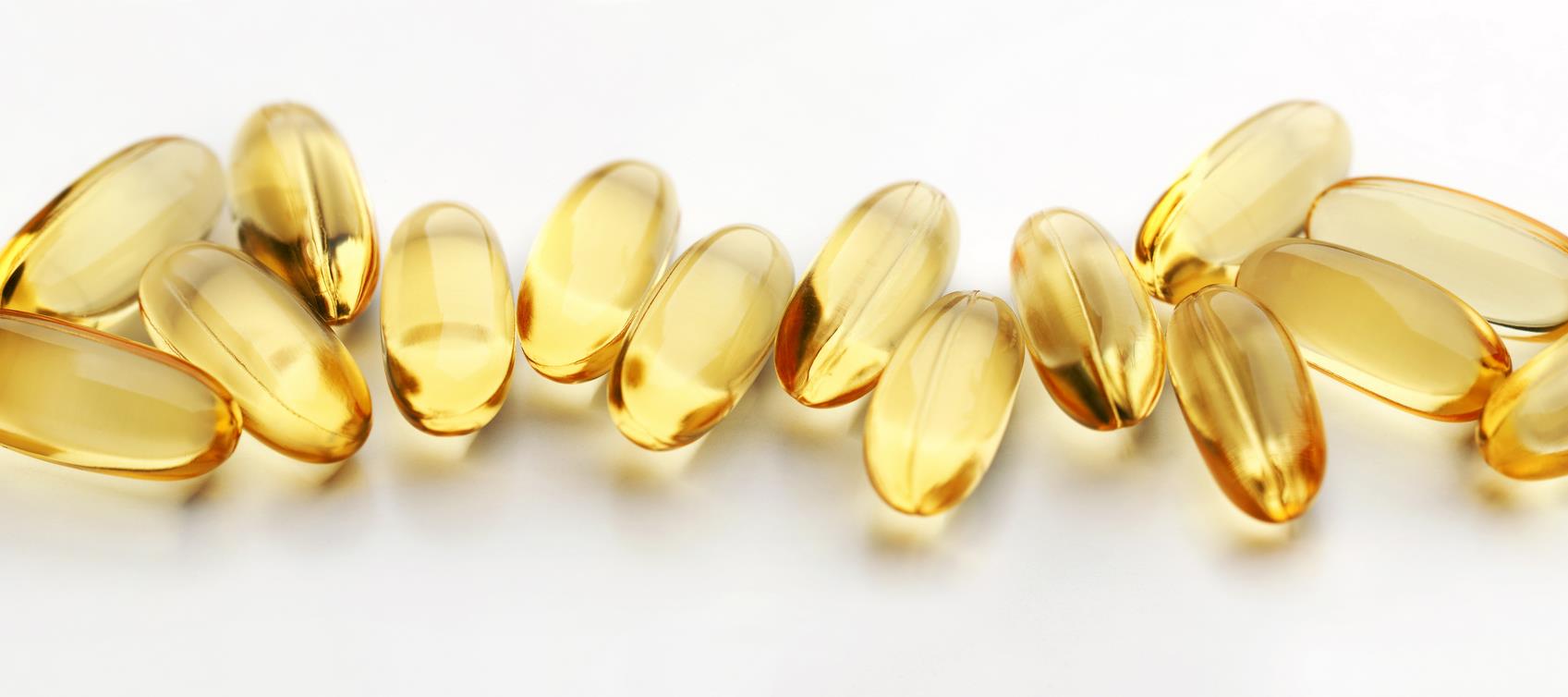
I've received a lot of questions about Vitamin E, including how much to take, using the synthetic vs. natural form and more. As I wrote in my blog, when taken appropriately, there are many benefits of Vitamin E, and it doesn't cause prostate cancer. But taking Vitamin E correctly is tricky. That's why I've put together five things you need to know about Vitamin E.
Five Vitamin E Facts
1. Vitamin E is a must-take nutrient for your heart. The many benefits of Vitamin E is that it prevents oxidation of LDL bad cholesterol, helps thin the blood, stabilizes plaque and improves vascular tone. Plus, Vitamin E protects your lungs from environmental toxins, supports your vision and more.
2. When buying Vitamin E, avoid the "dl" synthetic form. As many of you know, the Vitamin E prostate study that I have blogged about used dl-alpha tocopherol, which is a synthetic form of Vitamin E that I've never recommended. In fact, to me "DL" stands for "Darn Lousy" Vitamin E. Instead, I prefer natural forms, which provides many more of the benefits of Vitamin E.
The reason is that natural Vitamin E helps to prevent platelet stickiness, but the synthetic varieties fail to do so. In studies involving healthy volunteers, researchers measured how well blood cells absorb natural forms of Vitamin E (d-alpha tocopherol and d-alpha tocopherol acetate), compared to the synthetic form (dl-alpha tocopherol). The research showed that the platelets effectively absorbed the two natural versions but failed to take in the synthetic. Furthermore, both forms of natural Vitamin E reduced platelet stickiness by more than 50 percent, yet no significant change was associated with the synthetic form.
That said, there are some forms of synthetic Vitamin E that have come on the market that don't use the "dl" form of Vitamin E and I'm watching the research on the benefits of those Vitamin E forms closely.
3. You never want to take the alpha tocopherol form of vitamin E alone. Many studies, such as the recent Vitamin E prostate study, isolate the alpha tocopherol form of Vitamin E. But when you take alpha tocopherol alone, either in natural or synthetic form, you run the risk of overwhelming the Vitamin E gamma receptors in your body. So, instead of getting a protective antioxidant effect, you may get a pro-oxidative damaging effect. In my opinion, that's the likely explanation for why the Vitamin E prostate study went awry.
Instead, I recommend taking alpha tocopherol with mixed tocopherols. Specifically, you want to take d-alpha tocopherol succinate or acetate Vitamin E with gamma tocopherol. Gamma tocopherol helps to neutralize the dangerous peroxynitrite radical, which is unleashed in the presence of higher dose alpha tocopherol succinate or acetate when given alone.
4. When it comes to enjoying the benefits of Vitamin E, less is more. I recommend 100 to 200 IU for women and up to 400 IU for men in alpha tocopherol form with mixed tocopherols that includes gamma tocopherol. The alpha-gamma combination is extremely powerful. In fact, researchers in Belfast found that this combination protects very low-density lipoprotein (VLDL) and LDL cholesterol against oxidation.
5. Vitamin E should also be taken with other antioxidants. The benefits of Vitamin E are most effective when taken with other antioxidants, such as CoQ10, Vitamin C and/or selenium (see below for doses). Plus, adding antioxidants to Vitamin E helps to keep the Vitamin E from having a pro-oxidant effect on the good HDL cholesterol your body needs.
In fact, one thing the Vitamin E prostate study did correctly was to administer Vitamin E with selenium to a segment of the test group—and not surprisingly that group had no significant increase in prostate cancer. This is nutrient synergism at its best!
Bottom Line on the Benefits of Vitamin E
Women should take 100 to 200 IU of Vitamin E and men should take at least 200 IU of natural d-alpha tocopherol form with mixed tocopherols, including gamma. You also want to take it with antioxidants, including 50 to 100 mg of CoQ10, 100 to 200 mg of vitamin C and/or 50 to 200 mcg of selenium, to enjoy the full benefits of Vitamin E.


